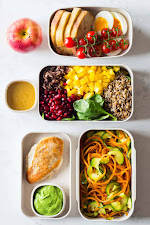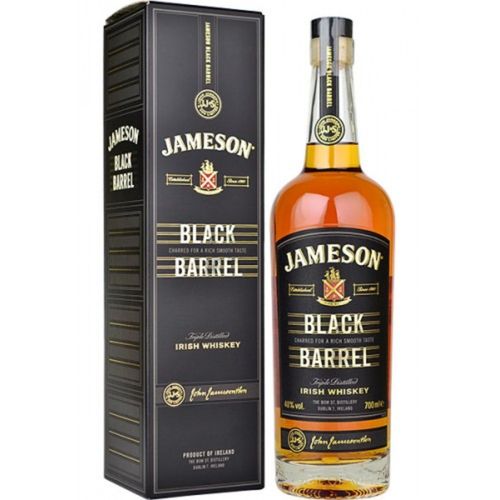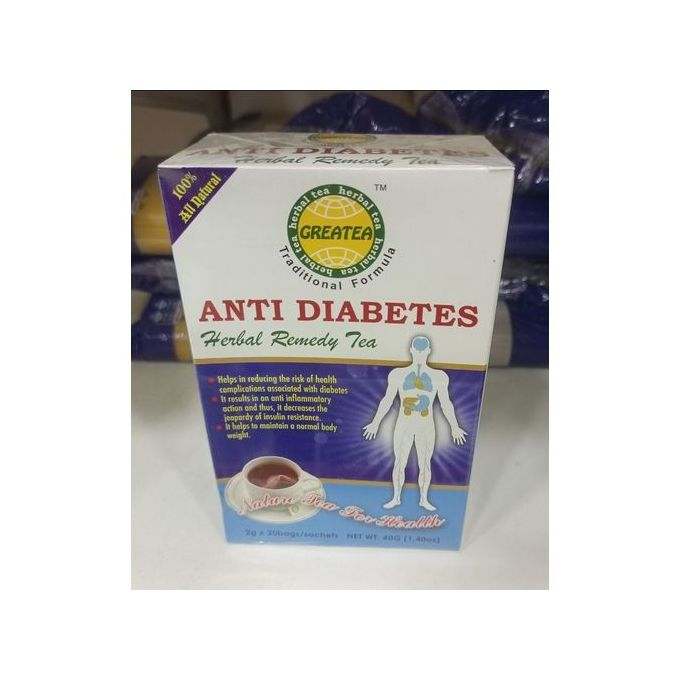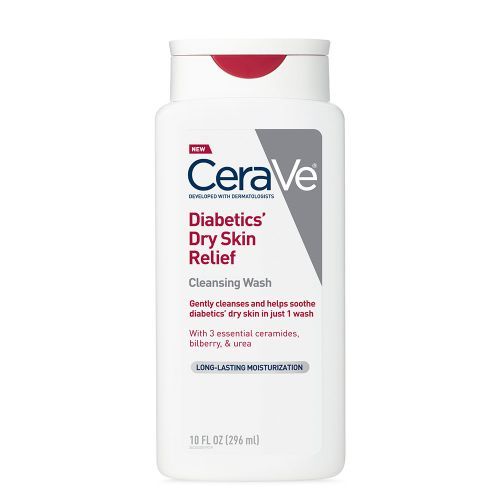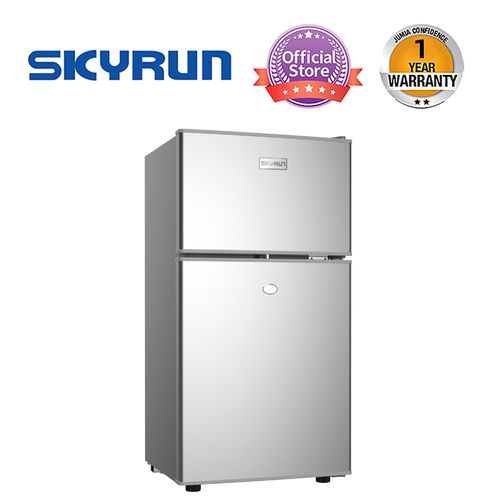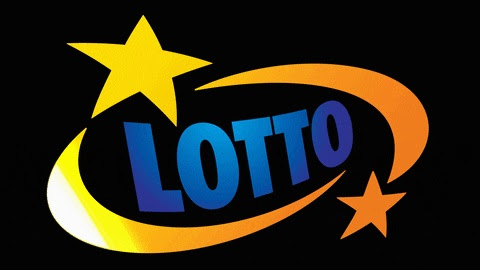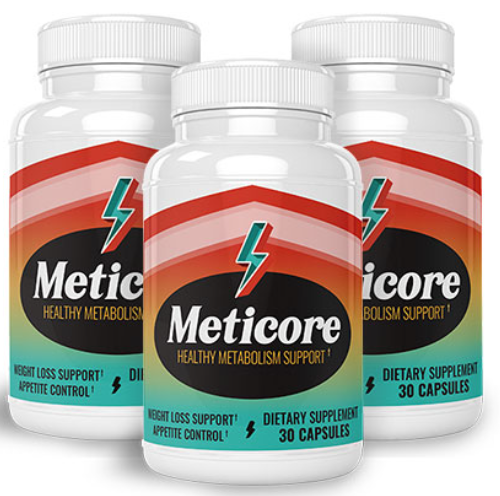If you’re a dieter who has been starving yourself for years, you may still be reeling from the notion that eating is good … but I’ve got another doozy for you. Calories are a lie.
Here’s the response I usually get to that one: “How can you be a nutritionist and not believe in calories?” Actually, I’ve probably been in business for as long as I have precisely because I don’t believe in this old weight-loss equation. When my clients hear that I don’t believe in calories, at first they react with disbelief, but soon I begin to win them over. When they realize that calories aren’t actually to blame for their problems, that they don’t have to count them anymore (since they aren’t real), it’s like they’ve been let out of jail. What chronic dieter wouldn’t love to live in a world where calories didn’t exist? You do live in
that world. You might think I’m crazy, and you might even get mad at me for saying it (you wouldn’t be the first one), but it’s absolutely true. I’ll believe that Santa and the Easter Bunny regularly go jogging together in the off season before I’ll believe that a chicken breast or a brownie or a tuna salad sandwich has, say, 200 calories. That’s like saying that a bodybuilder and my 92-year-old grandma are going to expend the same amount of energy lifting a 40-pound dumbbell. Of course they won’t.
That’s absurd. And so is the idea that 1 cup of oil-popped popcorn has 55 calories or two slices of pepperoni pizza have 420 calories. I believe that one of the greatest, most pervasive misconceptions today is the false notion that losing weight is simply a matter of calories in, calories out. It sounds logical, but it’s just not true. The calories in/calories out theory is a vast and grossly deceiving oversimplification of how the body uses energy. It is also, in my opinion, a malicious marketing tool that has been used to advocate unhealthy and damaging foods.
A calorie, as used by the food and diet industry, is actually a kilocalorie (kcal), or 1,000 calories, as used in chemistry. (We’ll call it a calorie because that’s the convention.) A calorie is just the amount of energy required to raise the temperature of 1 kilogram of water 1 degree Celsius, when the food is sealed and burned to ash inside a container surrounded by water.
In school and in clinical practice, I could never wrap my head around the idea of counting calories like they were some little round balls or molecules that made up food. They’re not. A calorie is not an object. What does food sealed in a container surrounded by water and burned to ash have to do with you and your body? Nothing.
A calorie is just energy. In food that hasn’t been burned (or eaten) yet, it’s potential energy.
Outside the lab, this potential energy, or “calorie,” has very little to do with a food burning experiment. In the real world, “calories” are subject to millions of variables—since each person has a unique body and biochemical make-up—so a calorie isn’t going to be the same thing for you as it is for anyone else. What really matters, much more than the number of theoretical “calories” you do or don’t consume, is how you burn the food or otherwise distribute the energy, once it gets inside you.
In the real world, in a real human body, a so-called calorie is just energy potential, and an individual could potentially get fat on 1,400 calories a day, just as she could get fat on 2,400 calories a day. She could also potentially get skinny on 1,400 calories or 2,400 calories a day. It all depends on what the body is doing with the potential energy taken in. If it burns those calories for fuel, then poof!
Those calories are used and gone. If it stores them as fat, they sit there, on the hips or butt or belly, still waiting to be used. The idea that 200 calories for you is the same thing as 200 calories for me is ridiculous. So why bother to even think about it that way? It’s misleading and depressing, and it pisses me off.
The human body is a complex melding of millions of interrelated chemical processes, and every one of them can potentially affect what happens to the food you eat and the energy you expend, and how it relates to the muscle fibres you gain or lose and the fat cells you accumulate or deflate.
Think of it this way. Say you need to move a car. A car is really heavy, so it’s hard to move it. But if I give you a car key, or I show you where you can get a crane, moving a car is easy. If you don’t have a key, or a crane, and the emergency brake is on, then, well, you’re probably screwed. That car’s not going anywhere.
Burning “calories” is similar. Say you need to burn those theoretical 100 calories. If your metabolism is in a state of dysfunction, that’s like not having the car key or the crane.
Those 100 calories are going to be extremely hard to burn, like pushing that car uphill with the emergency brake on. Good luck with that.
But if you’ve got the key, which is a fast metabolism fuelled by nutrient-rich food, then burning 100 calories is practically effortless. You just turn the key and drive away. That’s not to say that someone with a high metabolism can regularly eat 8,000 calories a day (unless he is an Olympic swimmer), but it is saying that when you do have a high-calorie day, your body will be ready. It’s important to stoke your metabolic ?re constantly, just in case a hot fudge sundae crosses your path.
YOUR BURN RATE
What’s really indicative of what will happen to your body when you eat food isn’t calories at all, but your burn rate, or your metabolism. As I said earlier, your metabolism determines what to do with the food you eat—whether to burn it, use it for building the structure of your body, store it in your liver as glycogen for quick fuel, or store it in pockets all over your body as fat (you know the ones I mean—what collects on your butt, your thighs, and/or your belly).
So many di?erent things in?uence your burn rate, and they have nothing to do with the number of calories in the food you choose. Do you have a broken leg and your body needs energy for repair? Did you sleep well last night? Have you gone four days without a good bowel movement? Are you dehydrated? Have you moved from that desk chair in the last seven hours?
All of these conditions influence how you use calories. Also relevant is the nutrient density and the type of food, and when you eat it and how you eat it, as well as your stress level, activity level, and current body composition or your muscle-to-fat ratio.
There’s no way to pin it down to a number.
FAST METABOLISM FACT
Empty calories create empty promises. They do nothing for your metabolism. But nutrient-dense calories rev it up again. Don’t worry about calories—instead, consider the content of your food choices.
RELATED POSTS
Metabolism! How Did We Get Here
Metabolic Myth #1: If I Could Just Eat Less, I’d Finally Lose
Weight
Metabolic Myth #2: If I Like It Too Much, It Can’t Be Good For
Me … Or My Waistline
Metabolic Myth #3: Losing Weight Is Simply Calories In, Calories
Out
Metabolic Myth #4: Desserts Make You Fat
Metabolic Truth #1: To Lose Weight You Must Make Peace with Food
Metabolic Truth #2: Food Is Something That Was Once Alive and
Came From the Land, Sky, or Sea
Metabolism: The Secrets of T3 and Rt3
The Body Five Major Players—and Why
They Are Essential To Metabolic Repair
Around the Web





